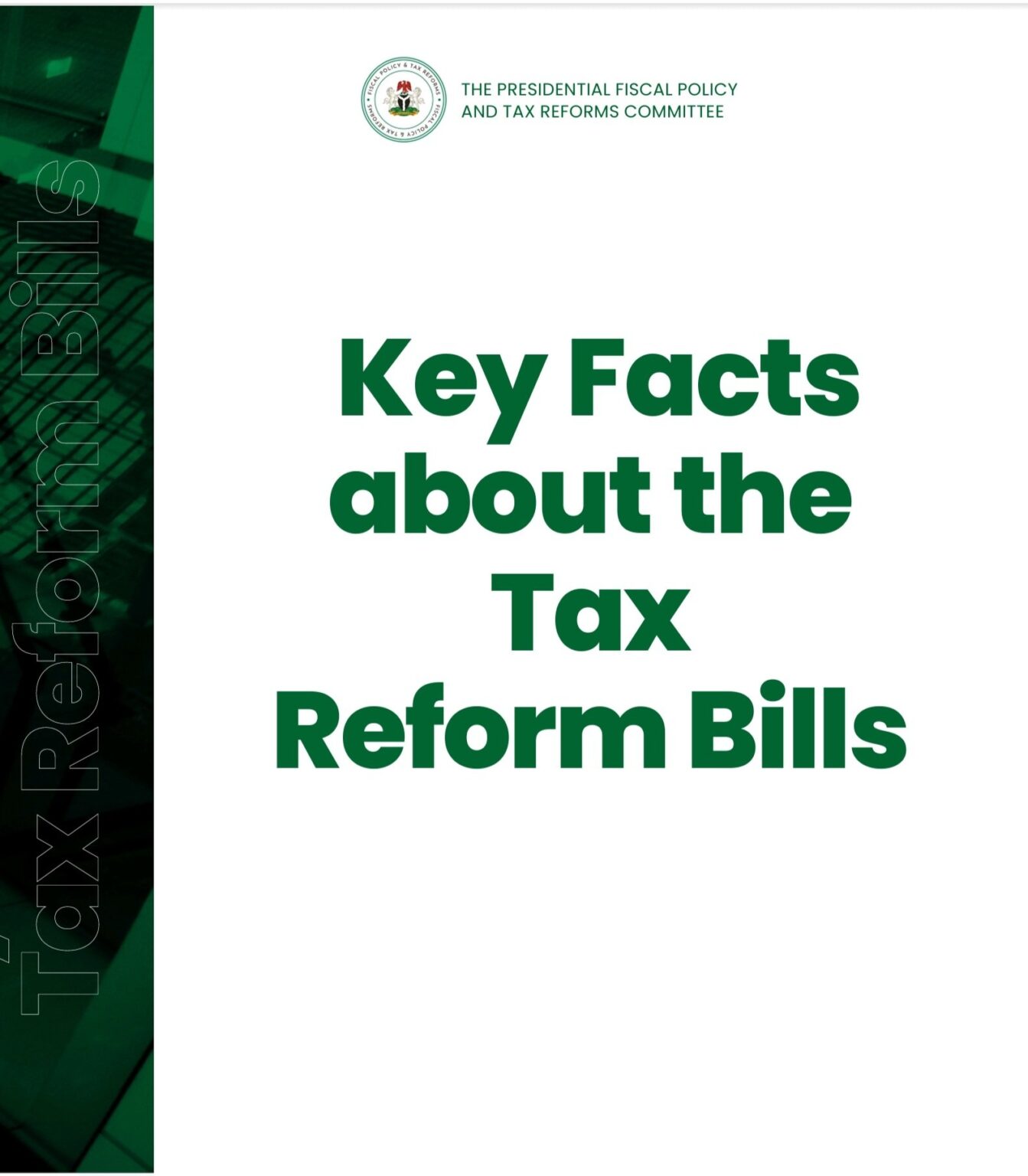* Changes to the income tax laws to facilitate remote work opportunities for Nigerians in Nigeria within the global business process outsourcing. This will empower our youths to play a key role in the digital economy space.
* Zero rated VAT and other incentives to promote exports in goods, services, and intellectual property.
* Tax exemptions for small businesses with annual turnover of N50 million or less including withholding tax, value added tax, and 0% corporate income tax rate.
* Exemption from PAYE (personal income tax) for minimum wage earners and reduced tax burden for over 90% of all workers in the private and public sectors.
* VAT at 0% for food, education, healthcare, and exemption for rent, public transportation, fuel products, and renewable energy. These items constitute an average of 82% of household consumption and nearly 100% for low income households to ameliorate the rising cost of living for the masses.
* Introduction of the Tax Ombudsman to advocate for an improved tax system and protect vulnerable taxpayers.
* Reduction of corporate income tax rate from 30% to 25% over the next 2 years and elimination of earmarked taxes on companies to be replaced with a harmonized single levy at a reduced rate.
* Elimination of minimum tax on loss-making companies and those with low profit margins.
* Grant of input VAT credit to businesses on assets and services to improve investment competitiveness and reduce the cost of goods and services.
* Redesign of the personal income tax brackets and rates, VAT and capital gains tax to be progressive while protecting the poor.
* Changes to permit the payment of taxes on foreign currency denominated transactions in naira to reduce the pressure on the exchange rate and simplify compliance for businesses.
* Proposal to repeal over 50 nuisance taxes and levies, and harmonize the remaining taxes to a single digit.
* Introduce an equitable basis for VAT revenue sharing to ensure that states without many headquarter companies are fairly treated and rewarded for their economic contributions.
* Rationalization of tax incentives to reduce uncertainty and provide a level playing field for all investors.
* A new National Fiscal Policy to set the framework for fair taxation, responsible borrowing, and sustainable spending.



